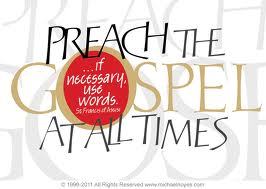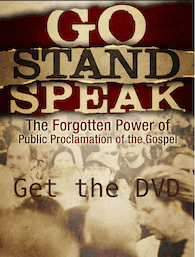By: Chuck Colson | Published: January 31, 2012
 A well-known expression attributed to Albert Einstein defines insanity as “doing the same thing over and over again and expecting different results.”
A well-known expression attributed to Albert Einstein defines insanity as “doing the same thing over and over again and expecting different results.”Well, if that’s insanity, then most state officials are quite insane when it comes to gambling: for more than two decades, they have looked to casinos, lotteries, slot machines, and video poker as a way out of their budgetary woes.
In virtually every instance, actual revenues fell far short of expectations: There was no pot at the end of gambling rainbow. Whatever added revenue was gained came at the expense of social problems associated with gambling.
At this point, a sane person might conclude that it really wasn’t worth the trouble. But state officials seem intent on proving Einstein right.
Case in point: a recent New York Times story about states possibly legalizing online gambling. Specifically, the goal is to get a cut from the online poker industry. The thinking is that just as the states took the various numbers rackets and turned them into state-run lotteries, the states could do the same with online poker.
The states would sell licenses to websites and tax the game operators’ earnings. And thanks to a favorable ruling from the Obama Justice Department just before Christmas, states now have the green light to proceed.
As Einstein might have predicted, the case for government-licensed online poker is drearily familiar: industry trade groups are predicting billions in additional tax revenues, an enticement state legislators find hard to resist. As a California legislator put it, “Two hundred and fifty million dollars buys you a lot of teachers.”
Ah, the old “we’re doing it for the children” gambit. The same gambit was employed in Florida in support of casino gambling. It didn’t turn out that way. Casino money didn’t “fix education” as politicians promised. In fact, the state wound up spending less money on education after legalizing casino gambling than it did before.
Folks look, this whole thing is a political shell game.
Licensing and taxing gambling is an easy out for every lilly-livered politician who refuses to make tough political and budgetary decisions. And it perpetuates the illusion that you can get something for nothing.
Since support for state-sponsored gambling is a way to avoid hard truths, you are unlikely to hear this. Likewise, you are unlikely to hear that lottery revenues are the most regressive of taxes, since the poor spend a larger proportion of their income on gambling. You also won’t hear about the social and personal costs associated with gambling, including crime, family breakdown, and on and on — up to $10,000 a year for each compulsive gambler.
So let’s be honest: As Alan Mallach of the Brookings Institution put it, “every dollar dropped into a slot machine is a dollar not spent on something else.” It’s taking money away from things like groceries and child support.
None of these arguments are new: state-sponsored gambling has always been a sucker's bet, which makes the newest rush to expand it, well, insanity.












 Should individual Christ-followers welcome or even join in the universal decrying of greed, corporate participation in (entanglement?) with government, perceived favoritism and lobbying? Perhaps this is a chance to join in calling for social justice. Or maybe it’s time to call out sloppy thinking and irresponsibility—or both.
Should individual Christ-followers welcome or even join in the universal decrying of greed, corporate participation in (entanglement?) with government, perceived favoritism and lobbying? Perhaps this is a chance to join in calling for social justice. Or maybe it’s time to call out sloppy thinking and irresponsibility—or both.

